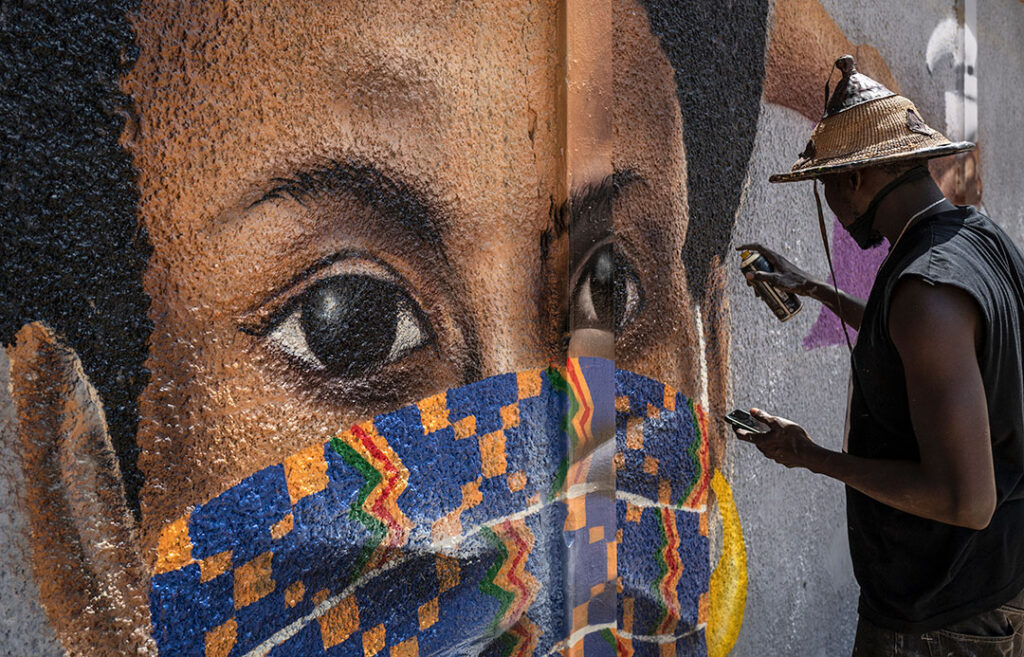Senegal continues to take dramatic steps in fighting the coronavirus, with researchers beginning validation trials on a COVID-19 diagnostic test that can be done at home. The test, expected to be a blood prick, can produce results in as little as 10 minutes, and could cost as little as $1.
The country has been notably aggressive in taking on the virus. It was the first Sub-Saharan nation to close its schools.
Al-Jazeera reported that Senegal is working with scientists in the United Kingdom to manufacture the tests in Senegal and the U.K. If the trials are successful, the tests could be distributed across Africa as early as this June.
The project is spearheaded in Senegal by the Pasteur Institute in Dakar, a facility that has battled disease for more than a century. The institute previously has worked on vaccines for yellow fever and dengue. The tests will be manufactured at DiaTropix, a new facility in Senegal.
The Senegalese team helped the World Health Organization through the region’s Ebola epidemic from 2014 to 2016, according to the The Washington Post. It was one of the first two labs on the continent to be able to identify the coronavirus, fielding samples from other countries. Forty-three of Africa’s 54 nations now have diagnostic tools.
Researchers say the Dakar site initially will be able to produce 4 million tests annually and is in talks to set up more manufacturing sites in other parts of the continent.
The Post has reported that more than 200 companies are working to develop similarly speedy tests, with the Foundation for Innovative New Diagnostics in Geneva tracking their progress. None of the tests has yet met the international standard of shelf life and accuracy.
Currently, testing for the virus takes hours in sophisticated labs, and extensive wait times for results continue to concern health authorities.
News and policy site The Hill says that all prototypes will be tested by global partners, including Brazil, China, Malaysia, Senegal, Spain and the United States. The U.K. has purchased 3.5 million antibody testing kits from different companies and is testing them to ensure they work before sending them out, Reuters has reported.

